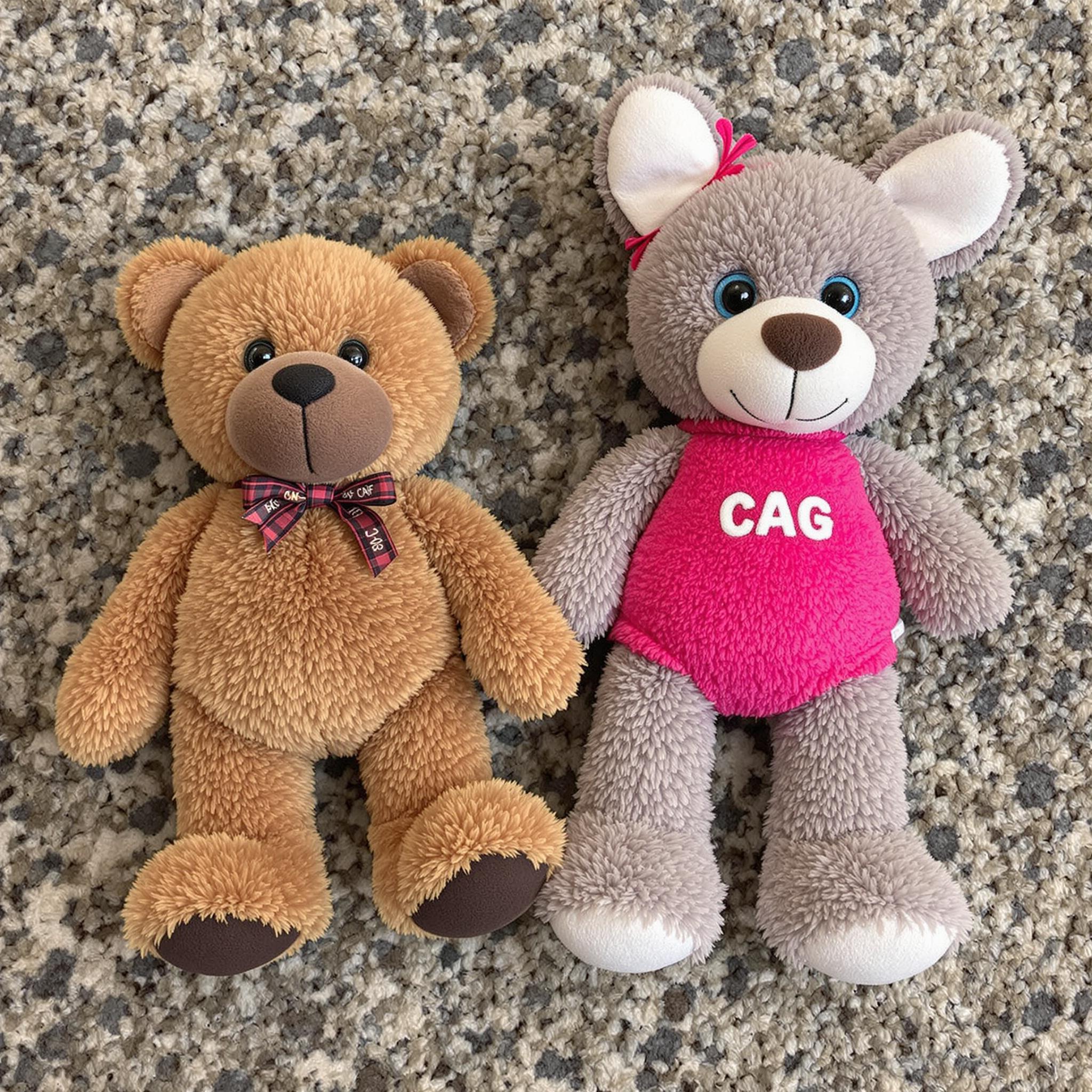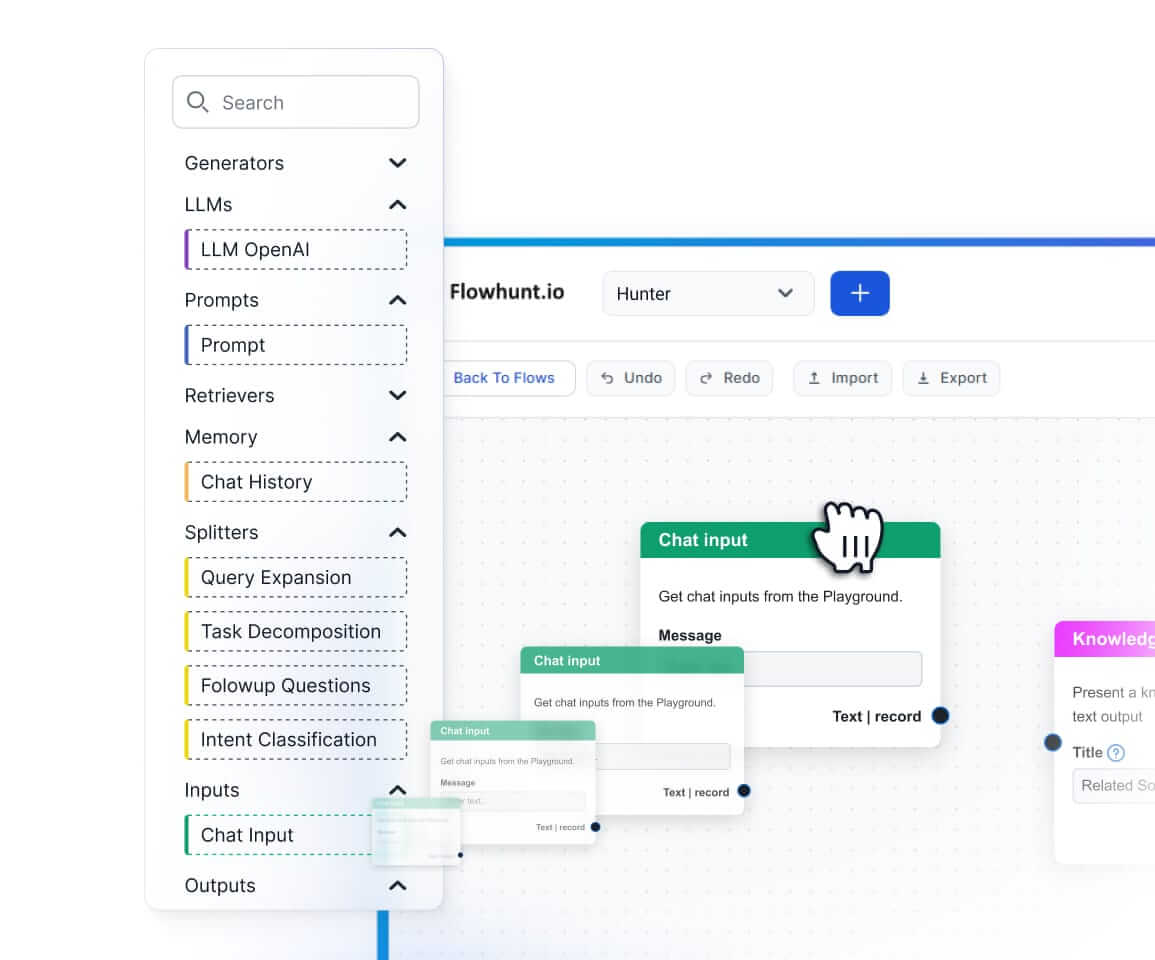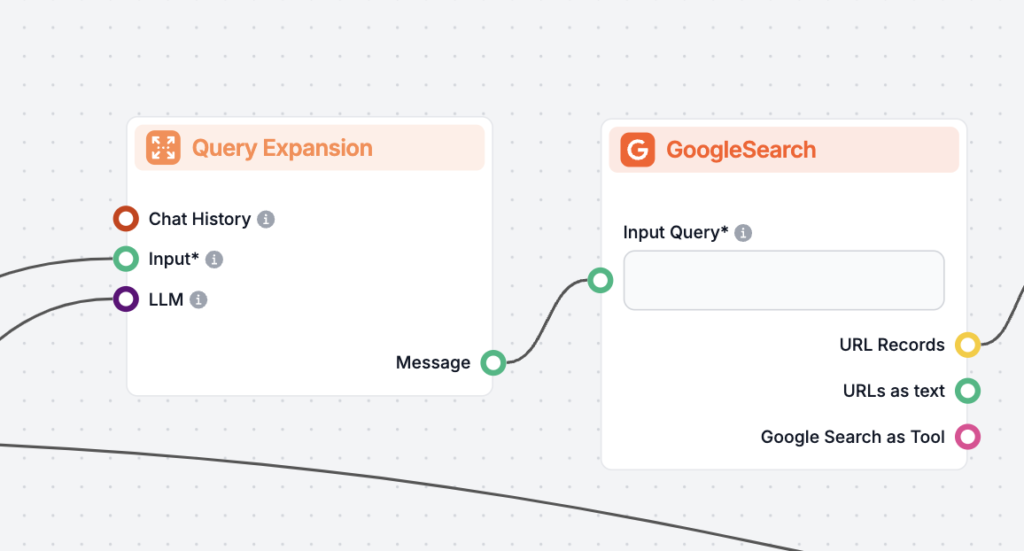
Retrieval vs Cache Augmented Generation (CAG vs. RAG)
Discover the key differences between Retrieval-Augmented Generation (RAG) and Cache-Augmented Generation (CAG) in AI. Learn how RAG dynamically retrieves real-t...
Document grading in RAG evaluates and ranks documents by relevance and quality, ensuring accurate and context-aware AI responses.
Retrieval-Augmented Generation (RAG) is an advanced framework that combines the strengths of retrieval-based methods and generative language models. The retrieval component identifies relevant passages from a large corpus, while the generation component synthesizes these passages into coherent and contextually appropriate responses.
Document grading in the RAG framework ensures that the documents retrieved for generation are of high quality and relevance. This enhances the overall performance of the RAG system, leading to more accurate and contextually appropriate outputs. The grading process involves several key aspects:
Document grading in RAG involves multiple steps and techniques to ensure the highest quality and relevance of the retrieved documents. Some of the common methods include:
Document grading is essential in various applications of RAG, including:
Document grading in Retrieval-Augmented Generation (RAG) refers to evaluating and ranking documents based on their relevance and quality to ensure that only the most suitable documents are used for generating responses.
Document grading involves techniques such as keyword matching, semantic similarity analysis, ranking algorithms like Dense Passage Retrieval (DPR), and reranking methods using LLMs or Hypothetical Document Embedding (HyDE).
Document grading ensures that AI systems retrieve and use only the most relevant and high-quality documents, leading to more accurate, reliable, and contextually appropriate responses.
Document grading is used in summarization, entity recognition, relation extraction, and topic modeling within AI systems, all of which benefit from precise document selection and ranking.
Experience how advanced document grading ensures precise, context-aware responses in your AI solutions with FlowHunt.
Discover the key differences between Retrieval-Augmented Generation (RAG) and Cache-Augmented Generation (CAG) in AI. Learn how RAG dynamically retrieves real-t...
Retrieval Augmented Generation (RAG) is an advanced AI framework that combines traditional information retrieval systems with generative large language models (...
Document reranking is the process of reordering retrieved documents based on their relevance to a user's query, refining search results to prioritize the most p...

